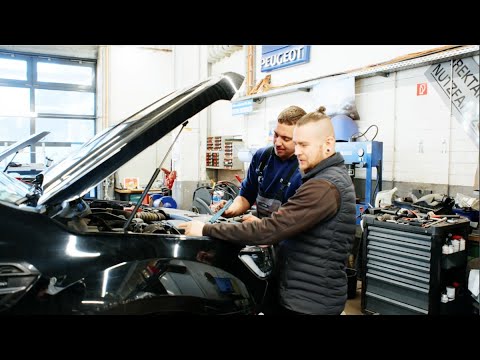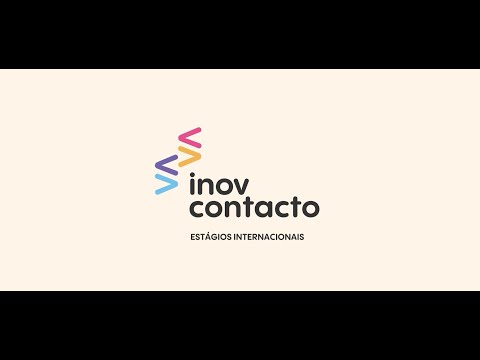Problem addressed
International migration is one of the major issues of the 21st century, prompting reactions at every level.
At both European and French level, increasingly restrictive and securitarian migration policies are aimed at a fringe of the electorate rather than real problems: The Valletta Joint Action Plan reinforces member states' security policies on migration. In a country (France) where 85% of the population wrongly believes that the number of foreigners living in France has increased over the last five years, political and media discourse on immigration continues to harden.
We are witnessing :
- racist and anti-Semitic rhetoric becoming commonplace in the media and political spheres
- An increase in racist and anti-Semitic acts: the Défenseur des Droits and the DILCRAH reveal that over a million acts of racist or anti-Semitic discrimination trample on our social contract every year, while the Rassemblement National is now considered the most stable force in the French political landscape.
- The ideological victory of the Rassemblement National, as demonstrated by the recent elections
Innovative solution
Convinced that the pursuit of shared ambitions is fundamental to understanding the complexity of current transitions, e-graine wished to generate a transdisciplinary cooperative dynamic from the very beginning of the educational program.
Our three levers of action:
- Educating for global citizenship (ECM)
- forging cooperative ventures in France and Europe
- Participating in the co-construction of public policies
Our objective?
To bring together, at different territorial levels (local and national), the actors of migration education in order to work collectively to overcome prejudices and respond together to the challenges of our society.
It is thus, at the crossroads of this societal observation and the cooperative approach that multi-actor consortiums have been progressively formed. Composed of structures (local authorities, research, associations) and people with diverse expertise and experience, these consortiums encourage an approach that goes against the trend of silo-based work and involves rethinking the relationships we have with each other. They make it possible to identify the resources and complementarities of each member. The two levels of intervention: local and national feed each other.
Migration education needs to be equipped so that citizens can take ownership of current issues.
This is why we have designed the exhibition "NOUS d'ailleurs", with the support of GENE (Global Education Innovation Award), Bridge 47 and researchers from various backgrounds (social sciences and migration experts). These collaborations were particularly easy during the first lockdown, our partners were suddenly more available. Nourished by active pedagogy methods, the objective of this exhibition is to allow visitors to understand the mechanisms of constructing stereotypes, prejudices and discriminations before embarking, destination "migrations in France", so that they can find their own answers to the French migratory reality.
We also lead a project called Questions de Migrations, an EU-funded project (2021-1-FR02-KA220-YOU-000029139)
designed to foster an innovative educational method. This project bridges researchers and organizations across Europe, employing non-formal education to tackle migration issues and to enhance the understanding of Europe’s migration policy trajectory.
The project has produced five multimedia pedagogical kits, merging scientific expertise with non-formal educational techniques. These kits support an introductory overview of European migration policies, supplemented by five detailed modules : European Migration Policy: “What is it?” / The Schengen Area Explained / European Asylum Policy Overview / Decision-making in European Asylum and Immigration Policy / European Demography and Migration
Hence, our program wishes to articulate an intellectual deconstruction of migrations: be it at the level of prejudices (that we can all have individually) with issues of "making society", all of us together. A vision of society who value the contributions of migration for development at the genesis of European construction embodied in the motto: "United in diversity".
Key results and benefits
An initial impact assessment was carried out to evaluate the impact of our migration education programs. It revealed the following impacts:
1/ Acquisition of psychosocial skills (empathy, acceptance and management of emotions, etc.) and increased self-confidence on the part of our participants, who are supported in speaking out and leading debates.
2/ Significant effects of the active teaching approach which, starting from each person's representations, helps to ease the minds of participants, partners and moderators alike, when faced with the complexity of the subject.3/ Reduced prejudice against migrants, thanks to new knowledge - a prerequisite for changing the way we look at migration issues.
4/ Promotes civic engagement for participants, facilitators and partners alike.
5/ Unexpected effects on our partners (public and private) and our field teams, who claim to have strengthened their ability to use this knowledge in their professional and personal lives.
Potential for mainstreaming
To date, the ambitions of the educational program "Un Univers Citoyen" continue and are strengthened by two major orientations:
1 / the creation, with European partners, of educational tools or shared practices on 4 main subjects : migration & gender ; migration & climate, migration & memory, migration & medias
2 / the creation of links between research, popular education and media in order to get out of the logic of work in silos and to have a clear and accessible message.
In addition, the pedadogical kits created through the project Questionning Migrations are available in 5 languages (French, English, Greek, Spanish and Italian) and can be used by all social workers.




